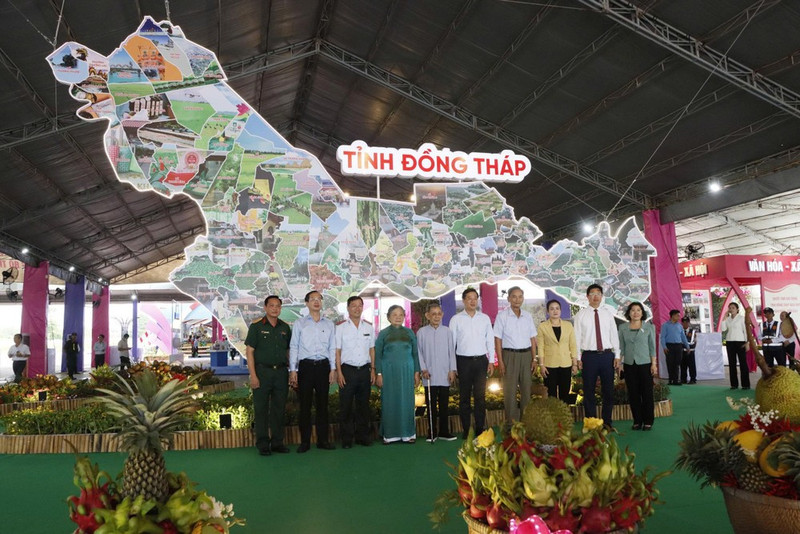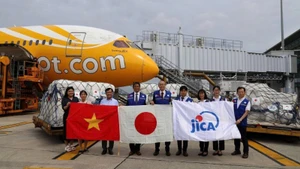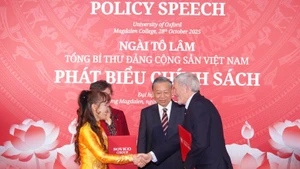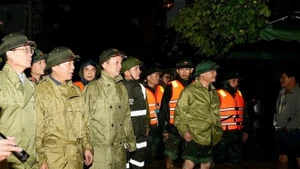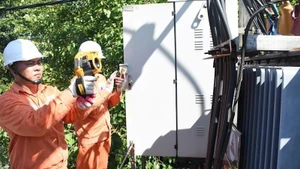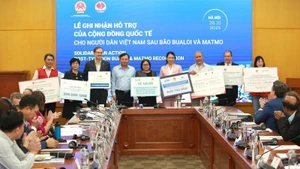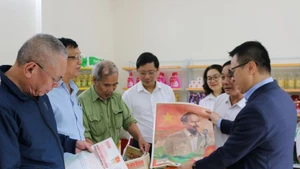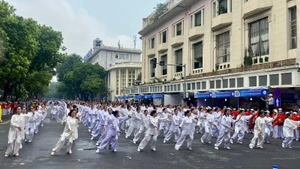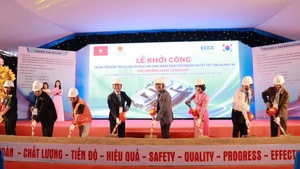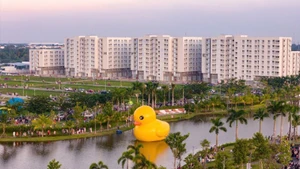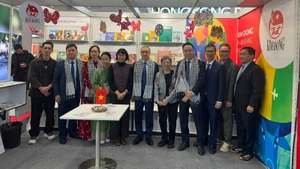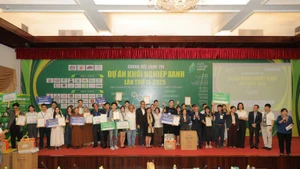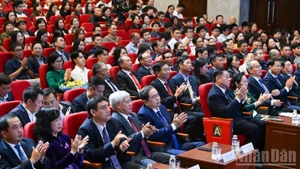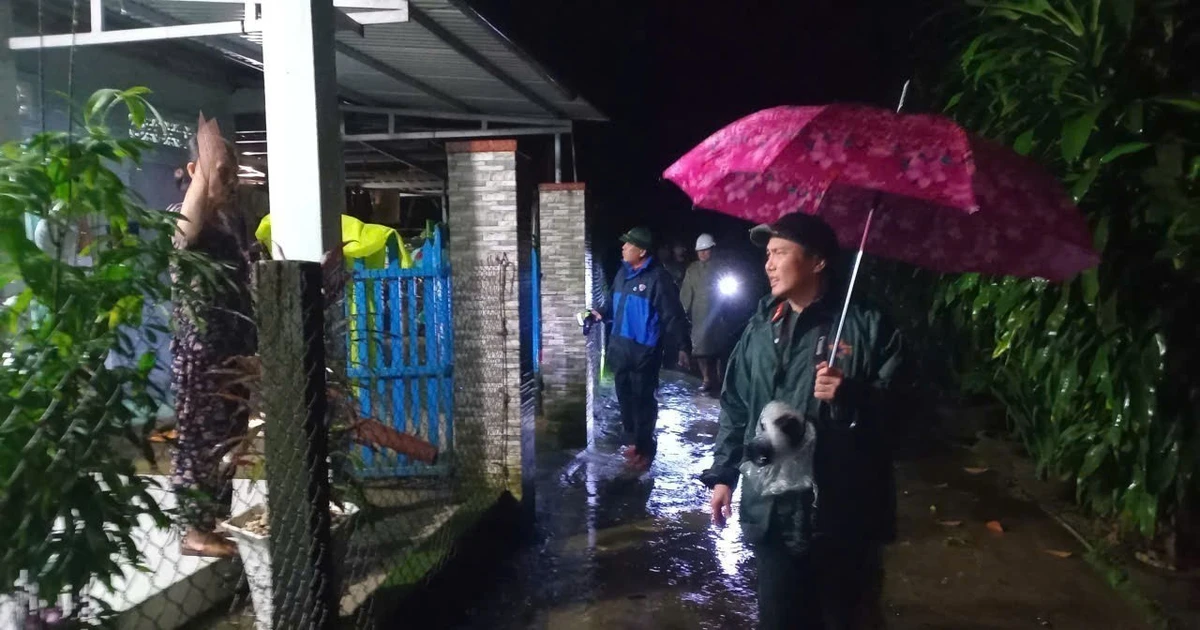The Congress reflects a strong determination to successfully implement development tasks and goals, guided by a unified vision that harnesses collective strength, intelligence, and dedication. The aim is to advance Dong Thap’s rapid and remarkable development, improve quality of life, enhance competitiveness, and establish the province as an attractive and modern destination imbued with the distinctive cultural identity of the Southwest region.
Impressive achievements from the 2020–2025 Term
The resolution of the 2020–2025 Provincial Party Congress set out 23 key targets across various sectors. Of these, 17 were met or exceeded, particularly in the areas of environment, culture, society, and Party building.
Over the past five years, Dong Thap Province recorded an average GRDP growth of 5.51%, with per capita GRDP estimated at approximately VND 85.5 million. State budget revenue increased by an average of 2.25% annually.
The province’s economic structure shifted, with a reduced share of agriculture–forestry–fishery and increased contributions from industry–construction and commerce–services. By the end of 2025, agriculture–forestry–fishery accounted for around 34.8%, industry–construction 25.1%, commerce–services 34.5%, and product taxes 5.6%.
The resolution of the 2020–2025 Provincial Party Congress set out 23 key targets across various sectors. Of these, 17 were met or exceeded, particularly in the areas of environment, culture, society, and Party building.
Throughout the term, the province focused on six breakthrough areas: developing the agricultural economy; investing in key products and dynamic zones; supporting enterprises and startups; improving infrastructure; enhancing human resources; and promoting administrative reforms and Party building.
Agriculture received targeted investment and experienced rapid development, transitioning from traditional production to a more economic-oriented model.
New enterprise registrations grew by 1.27 times compared to the previous term, with startups supported through various initiatives aimed at positioning Dong Thap as the Mekong Delta’s startup hub.
Transport infrastructure was significantly improved, laying the foundation for inter-regional connectivity with Ho Chi Minh City and the wider Mekong Delta. This supported the development of agriculture, industry, and tourism, while harmonising urban growth with dynamic and strategic areas within the province. Vocational and higher education training adapted to market demands, aligning with development needs.
Administrative reforms were given considerable attention, with Dong Thap consistently ranking among the top provinces nationally in terms of competitiveness. Party building saw numerous innovations, with renewed leadership methods across sectors yielding positive results. The quality of Party cell activities improved, with at least 95% of cells completing their tasks effectively.
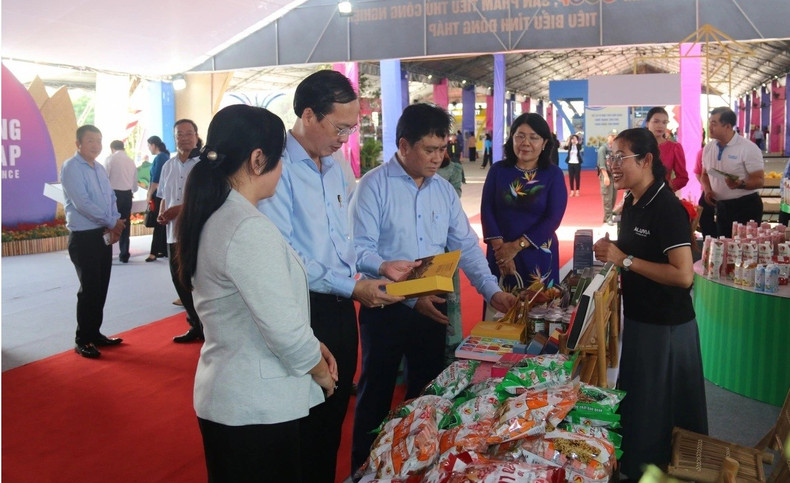
From the implementation of the Provincial Party Resolution for the 2020–2025 period, the province learned to maximise the central role of its people in all activities, mobilising community power in inspection, supervision, and benefit-sharing.
Priority was placed on maintaining Party organisation and operational principles, particularly democratic centralism and unity, while continuing to renew thinking, styles, and leadership methods across all levels of the political system.
Building a qualified, reputable, and competent team of officials capable of meeting practical demands was seen as essential.
Attention was also paid to the timely mobilisation of development resources, effective budget use, and focused investment in strategic breakthrough tasks.
Strategic vision for 2025–2030 and beyond
Looking ahead to the 2025–2030 term, Dong Thap aims to build a clean, strong Party and political system, foster broad unity, and awaken development aspirations and self-reliance among its people.
By 2030, the province aspires to become a rapidly developing industrial centre, a pioneer in ecological agriculture, a model for modern rural areas and cultured farmers, and one of the leading provinces in the Mekong Delta region. The goals include improved living standards, cultural and social progress, and strengthened national defence and security.
By 2045, Dong Thap aims to become a modern agricultural and eco-tourism centre of the Mekong Delta, leading the country in selected agricultural fields, advancing industrial development, and becoming a desirable, prosperous, and happy place to live.
By 2045, Dong Thap aims to become a modern agricultural and eco-tourism centre of the Mekong Delta, leading the country in selected agricultural fields, advancing industrial development, and becoming a desirable, prosperous, and happy place to live.
According to the Standing Committee of the Provincial Party Committee, the new term targets an average five-year economic growth rate (GRDP) of 9.0% per year, reaching 10% or more by the end of the term. Social capital investment is expected to reach 33% of GRDP, state budget revenue to rise by 10% annually, and per capita income to reach VND 115–120 million by 2030.
By 2030, the province aims for all schools to meet national standards, with at least 82.5% of the workforce receiving training.
Poverty is expected to be eliminated, with a minimum of 32 hospital beds and 11 doctors per 10,000 people, and advanced new rural standards achieved. The rural population accessing clean water according to drinking water quality standards is targeted at 99%, and over 99% of solid waste will be collected and treated according to standards.
Notably, each year, 95% of grassroots Party organisations and members are expected to complete their tasks well or better, and the rate of new Party member admissions will reach 3%–4% of total Party membership.
Strategic breakthroughs for the new term include developing modern, climate-resilient, and synchronous transport infrastructure, with an emphasis on cross-border and multimodal logistics to establish Dong Thap as the Mekong sub-region’s transit centre. Agriculture will be developed ecologically and with high technology, linked to processing industries, value chains, and export markets.
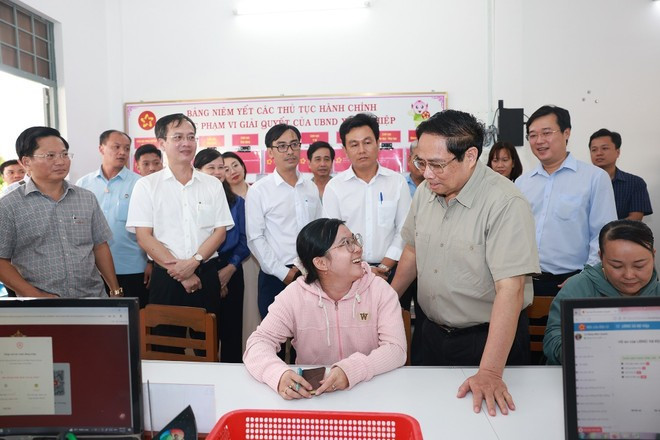
Industry is expected to grow rapidly, sustainably, and modernly, becoming the main engine of economic growth. The province will attract projects using advanced, environmentally friendly technologies that create high added value, reorganise industrial spaces, and form key industrial zones with geographical and strategic transport advantages.
Dong Thap will also focus on developing high-quality human resources, particularly in information technology, healthcare, education, logistics, public management, agricultural biotechnology, post-harvest technology, agricultural automation, environmental engineering, food technology, and smart agricultural processing.
Furthermore, the province will promote the application of science, technology, innovation, and digital transformation in priority sectors and state management.
It will enhance the management capacity of political system agencies, improve the investment environment to ensure transparency, stability, and development-friendliness, and strengthen e-government platforms.
Upgrading online public services will help create an effective, transparent, and accessible administrative management system for both citizens and businesses.
